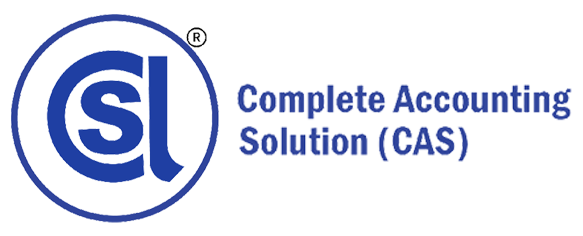Professional Income Tax Return Filing
In the context of income tax in India, a "professional" refers to an
individual who is engaged in a profession that requires specialized knowledge, training, and skills.
This typically includes occupations like doctors, lawyers, accountants, engineers, architects,
interior decorators, technical consultants, and similar professions.
Income earned by professionals from their practice or consultancy services is classified as "income
from profession" and is subject to taxation under the Income Tax Act, 1961 in India. Professionals are
required to maintain proper books of accounts and other records as per the provisions of the Income
Tax Act if income is above 75lakh.
For Professionals Section 44ADA can be used as a special provision for calculating the profits and
gains of small professionals under certain circumstances.
Section 44ADA was introduced to extend the scheme of simplified presumptive taxation to specified
professionals. Previously, the presumptive scheme of tax was applicable only to small businesses.
This scheme of taxation reduces the compliance burden on small professions and facilitates ease of
doing business. Under the presumptive scheme of taxation, profits are presumed to be 50% of the gross
receipts.
Under this section, individuals are not required to maintain books of account and can file their
income tax returns based on a flat 50% of the total professional income, provided that the gross
receipts are less than 75 lakhs.
Small Business Income Tax Return Filing
Presumptive taxation for businesses is governed by section 44AD of the Income Tax Act. Any business with a turnover of less than Rs 2 crore can choose to be taxed presumptively. They are required to declare profits at either 8% for non-digital transactions or 6% for digital transactions, depending on the applicable scenario.
Benefits of Presumptive Taxation:
- Under presumptive taxation according to Section 44AD, your net income is determined as 8% of your turnover, and you will be taxed based on this income.
- If your receipts are in digital (non-cash) form, then only 6% of your receipts are considered as your net income, and you will be taxed accordingly.
- There is no obligation to maintain accounting records.
- There is no requirement to have your accounting records audited.
- Although you are still required to pay advance tax, you have the option to pay all your advance tax before March 31, instead of estimating income and paying tax each quarter. For taxpayers who have chosen the presumptive scheme, advance tax is due by 15th March of the relevant financial year if you expect your income tax liability to exceed Rs.10, 000 in the financial year.

